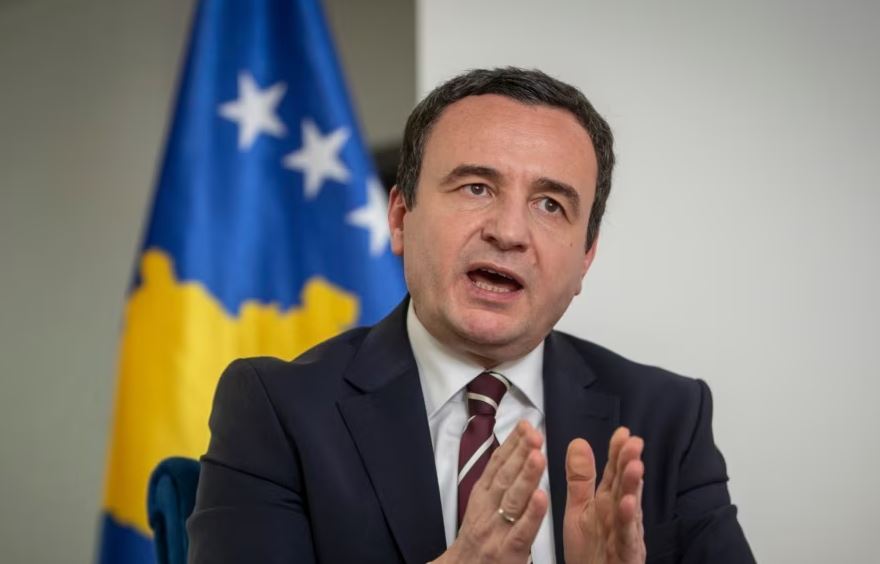Albin Kurti’s election warning seen as political pressure amid widening isolation

Kosovo’s caretaker Prime Minister Albin Kurti has warned that the country could face two parliamentary elections within months, a statement widely interpreted as an attempt to pressure the opposition rather than a genuine concern for stability.
Why is this important: Kurti’s comments came a day after his third-term proposal failed in parliament, receiving only 56 votes in favor, five short of the required majority. He suggested that Kosovo could head to elections in both winter and spring, given that the presidential election is due in April 2026. Yet, observers say this warning underscores a pattern of political brinkmanship that has characterized Kurti’s leadership since his rise to power.
Context: As Radio Free Europe reported, Kurti argued that without the 61 votes needed to form a government now, it will be “hard to imagine” securing 80 votes to elect a new president in spring. But many analysts see this as a cynical deflection of blame. Kurti himself is viewed as bearing much of the responsibility for the current impasse, having governed in an increasingly polarizing and unilateral manner — often sidelining both the opposition and key Western partners.
Throughout his tenure, Kurti has mostly shunned political compromise, preferring to govern through confrontation and procedural maneuvering, especially during the eight months of deadlock since the February elections. Even now, rather than seeking a consensus or showing willingness to share power, he appears more focused on preserving personal authority.
What else: The political crisis comes at a high cost for Kosovo. The country has been locked in political paralysis for months, risking the loss of crucial EU “Growth Plan” funds worth €880 million, including €250 million in direct grants, due to the absence of functioning institutions capable of ratifying agreements with Brussels.
With opposition leaders rejecting any coalition with Kurti’s Vetëvendosje movement, the caretaker prime minister’s latest remarks suggest that the political drama may be prolonged, with the burden once again falling on Kosovo’s institutions — and citizens — to absorb the cost of political intransigence.


